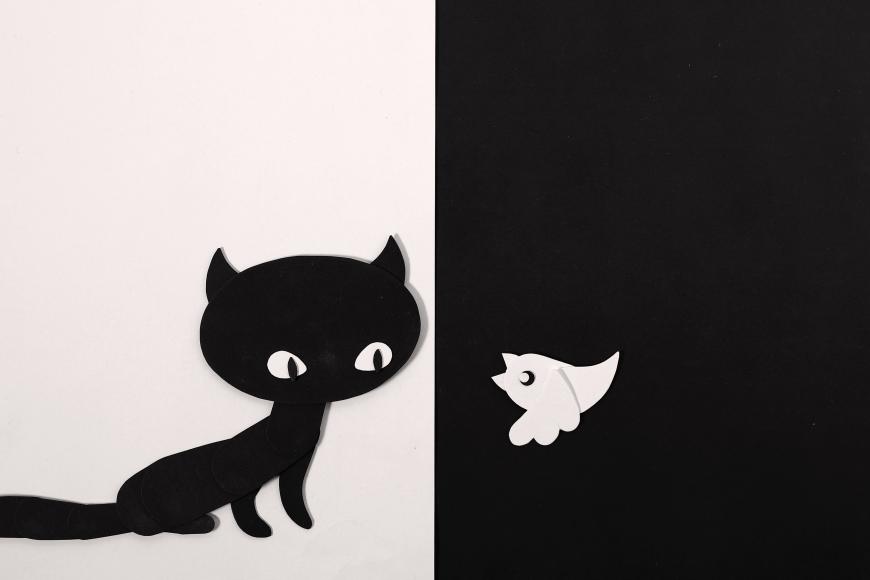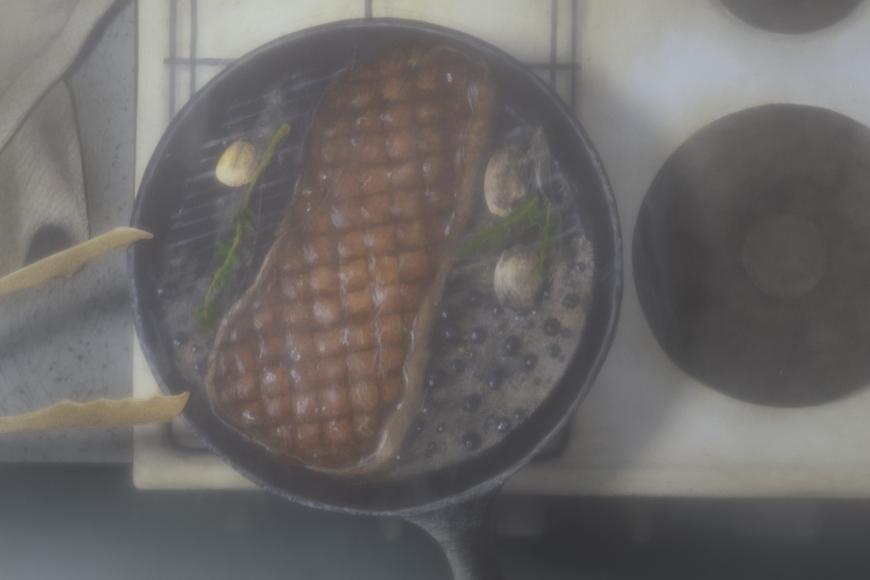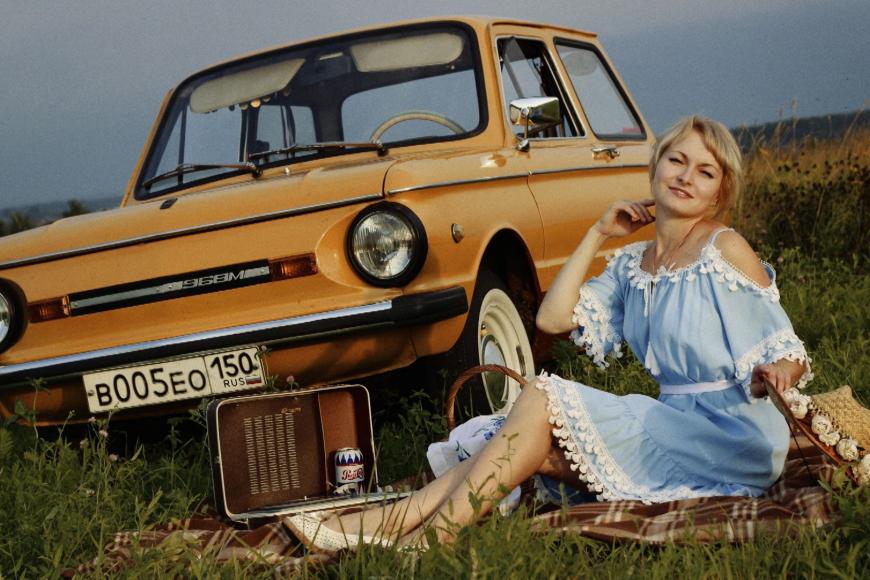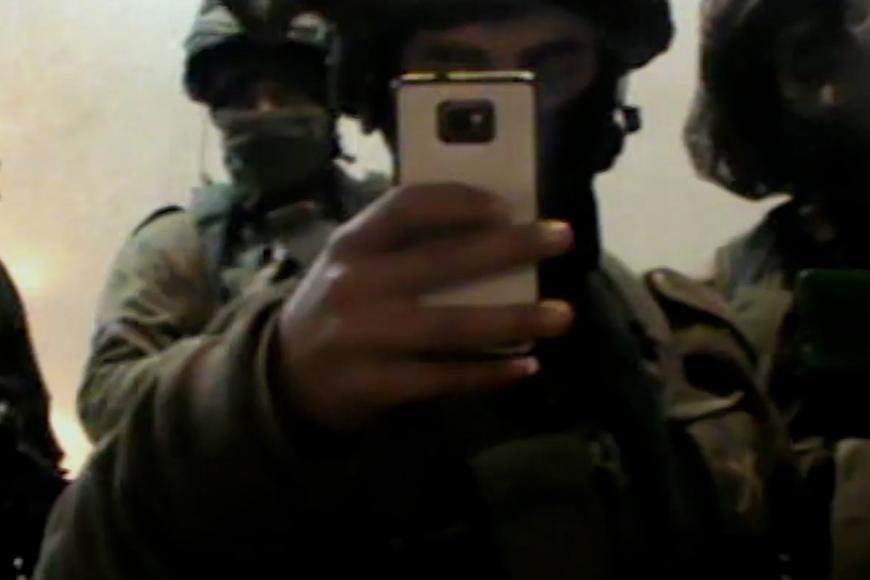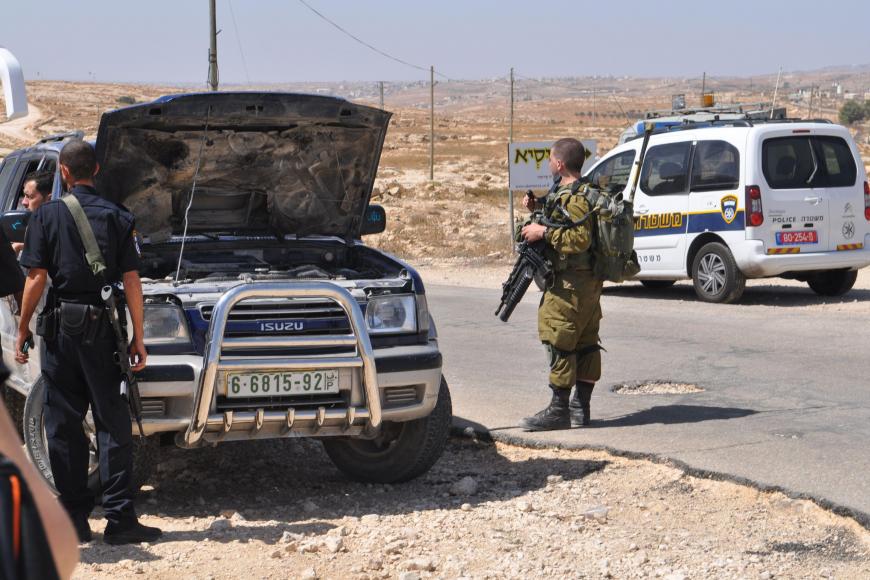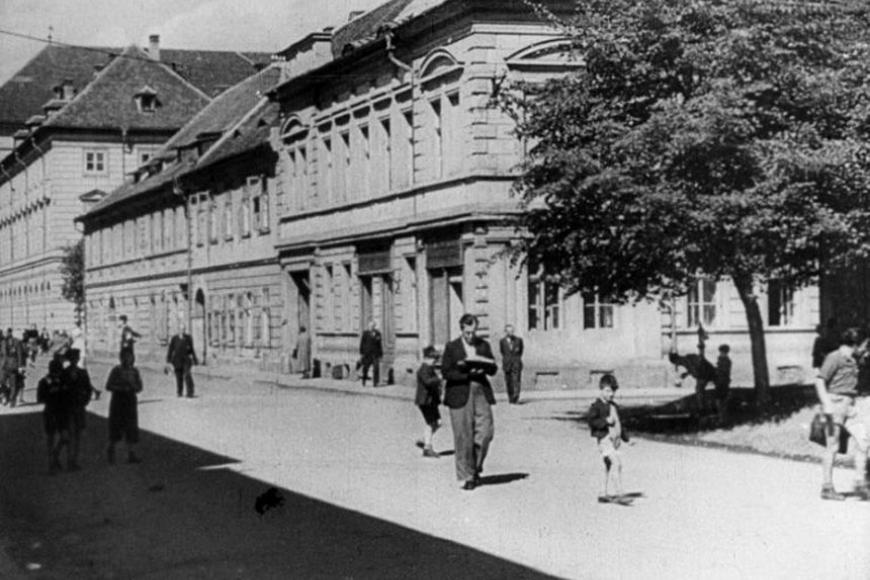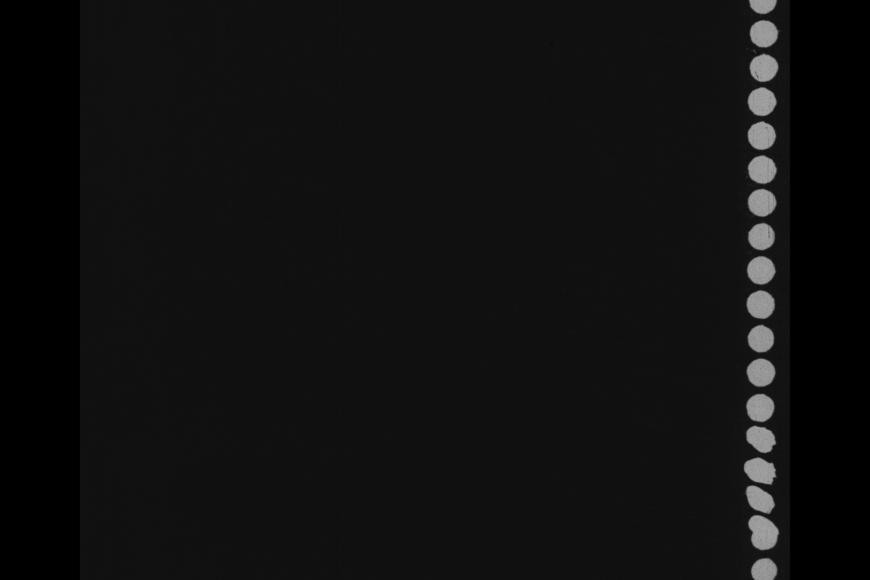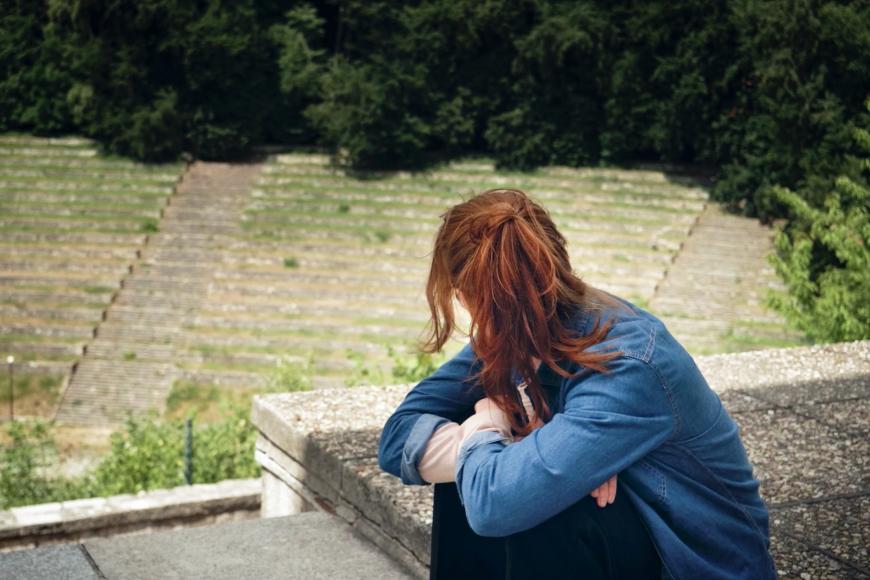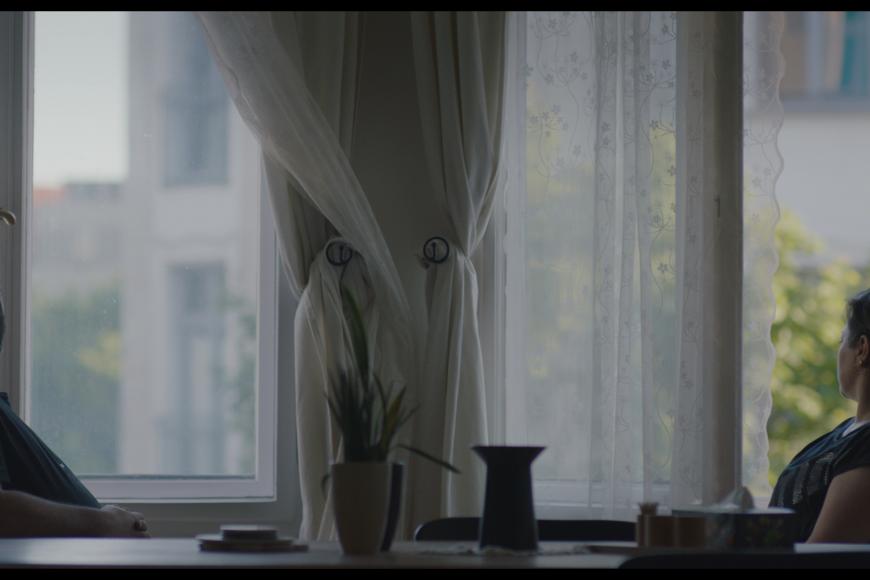
Republic of Silence
Silence reigns in the Berlin flat, but the film, whose complex montage encompasses the disintegration of Syria and life in exile, leaves no doubt that things are different in director Diana El Jeiroudi’s mind. Archival footage, loose portraits of confidants and an intimate perspective that explores her own position and her way of coping with trauma add up to a multi-layered document.

